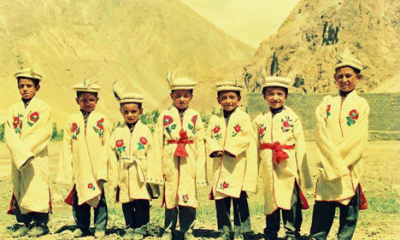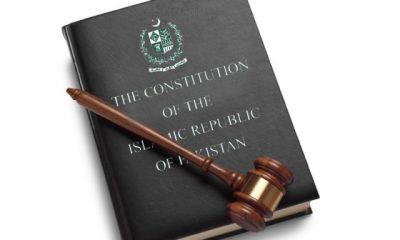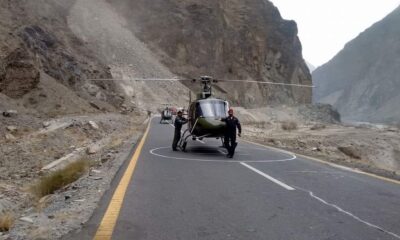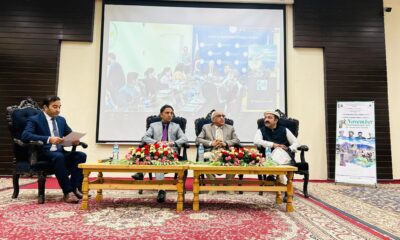Editorial
Plastic Ban in Gilgit-Baltistan: The Need for a Sustainable Policy

Editorial
Political Polarization in Gilgit-Baltistan

About Author
-

 Tourism2 years ago
Tourism2 years ago15 Best Places to Visit in Skardu
-

 Arts, Culture & Heritage2 years ago
Arts, Culture & Heritage2 years agoTraditional women’s dresses of Gilgit-Baltistan
-

 Tourism2 years ago
Tourism2 years agoThe Ultimate Travel Guide to Gilgit-Baltistan: Land of the Mighty Mountains
-

 KIU Corner2 years ago
KIU Corner2 years agoA Guide to LMS KIU Student Login – KIU
-

 Current Affairs2 years ago
Current Affairs2 years agoStrategic Importance of the Wakhan Corridor
-

 Arts, Culture & Heritage2 years ago
Arts, Culture & Heritage2 years agoShuqa Simple but amazing winter clothing of Gilgit-Baltistan
-

 KIU Corner2 years ago
KIU Corner2 years agoEmbracing Challenges: Gul Rukhsar’s Remarkable Journey
-

 Opinion2 years ago
Opinion2 years agoThe Constitution of Pakistan: 50 Years of History, Significance, and Challenges














